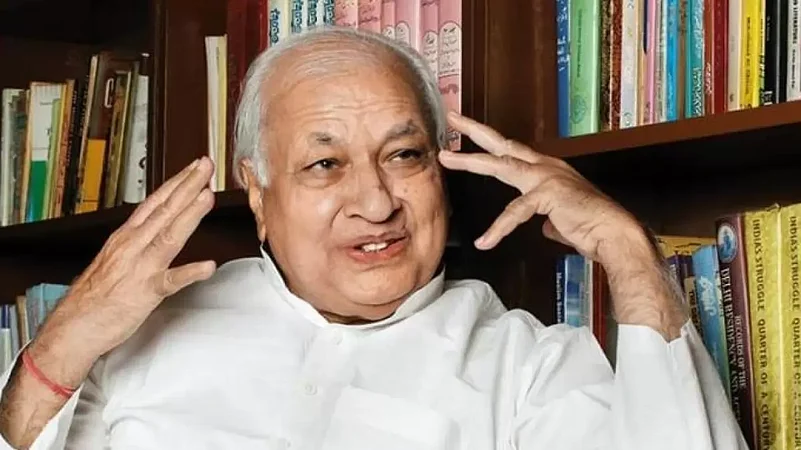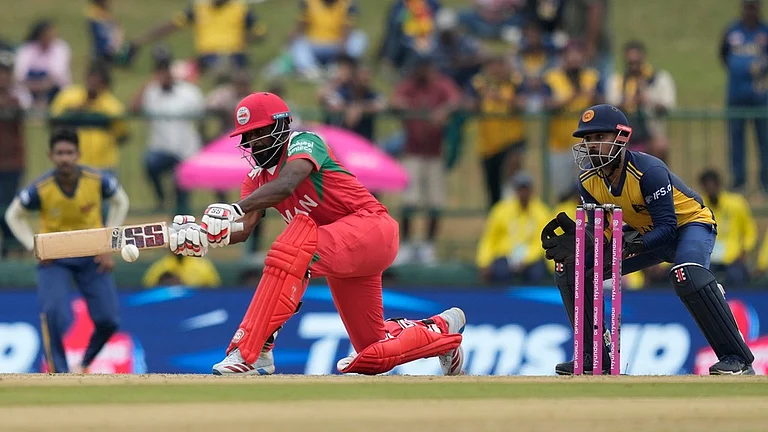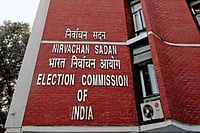The Kerala government on Thursday said it moved the Supreme Court against the action of Governor Arif Mohammed Khan for not signing certain bills passed by the state legislature as he was not discharging his constitutional duties.
State Law Minister P Rajeev said that the state legislature passed bills after considerable deliberations and in accordance with the rules and therefore, to withhold them indefinitely was "unconstitutional and anti-democratic".
"As soon as a bill is passed, the Governor has to act in accordance with the provisions of Article 200 of the Constitution," he said, adding that the provision has not been followed by Khan in respect of some bills.
The bills to which Khan has withheld assent include the Lok Ayukta Amendment Bill and two different University Laws Amendment Bills.
Speaking to reporters here, Rajeev said that even the Supreme Court has observed that bills passed by the legislature should not be withheld indefinitely and a decision should be taken on them "as soon as maybe".
The Governor, however, has withheld assent to some bills for nearly two years now, he said.
The minister said that the Governor could have sent the bills back to the assembly pointing out his concerns and the assembly would have decided whether to make amendments to them or pass them again without any modifications.
"Since the Governor is not discharging his constitutional duties with regard to the bills passed by the legislature, the government decided to move the Supreme Court against it," the minister said.
At the same time, the minister also said that it was not government-Governor row.
He said that the plea in the Supreme Court concerns the constitutional relationship between the state legislature and the Governor.
Khan, on several occasions in the past, has contended that he has withheld assent to some bills as his queries regarding those pieces of legislation were yet to be addressed by the ruling Left government.
He had claimed that as the respective ministers who proposed the bills were unable to address his queries, he had asked Kerala CM Pinarayi Vijayan to clarify the doubts.
As no clarification came from the CM, the bills remained unsigned, Khan had said.
He had claimed that it was the Constitutional duty of the chief minister to brief him on a regular basis.
On this aspect, Rajeev said that the CM was only required to inform the Governor about the state cabinet's proposals for legislation and not the laws.
If the Governor wanted to send it to the President, it could have been done by now as some bills are awaiting assent for nearly two years, the minister said.


























